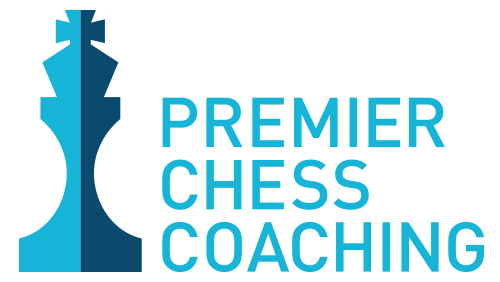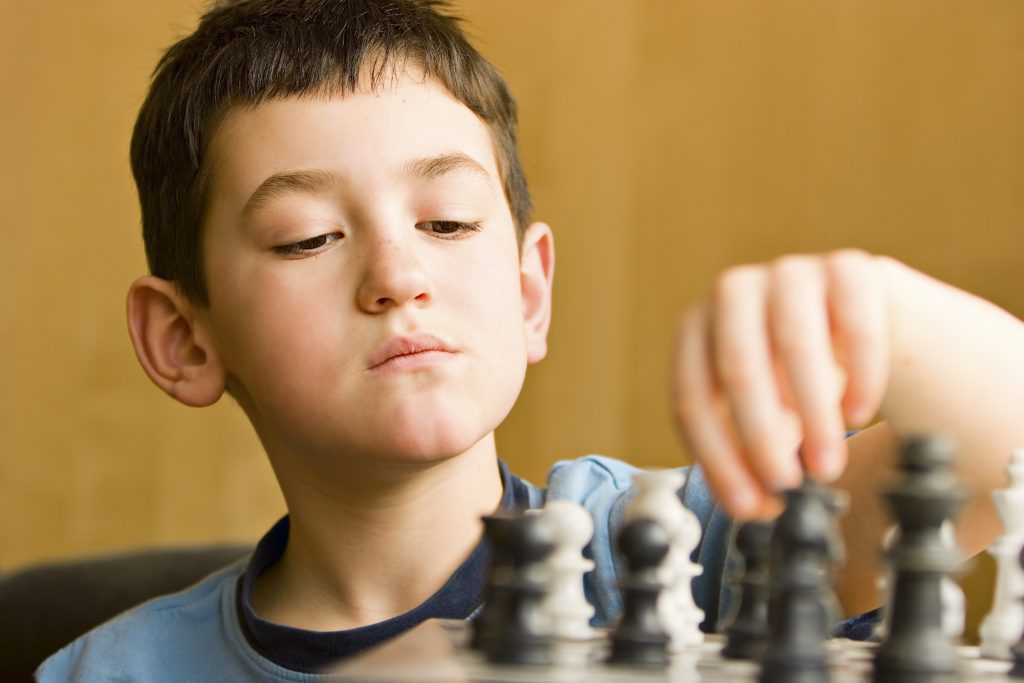Benefits of Chess from the perspective of our Chess Coaches
Does this scenario sound familiar? Your smart child gets home from school and the first thing he/she is looking for is… his/her tablet. Only a few years ago, children’s toys of choice were Lego, puzzles and other games of that ilk, but now it seems that digital devices are inexorably taking over.
Is that necessarily a bad thing? This article isn’t going to discuss that, but what we can say is that today, when our children are used to finding the answers to everything on the internet at the touch of a button, playing chess has more benefits than ever.
Although an incalculable amount of academic research has been devoted to chess and its advantages, we thought we’d look at things from a different aspect – form our chess coaches’ point of view. After all, they’ve worked for many years with a wide range of children of all ages and levels—so who better to ask about the key benefits of chess?
Below are the five main virtues of chess as they saw them:
Instills problem-solving skills—one of the first responses we got from our chess coaches was that chess helps children deal with their problems. Because a chess match is dynamic and every move made by your opponent can change the situation, it helps children think ahead and deal with problems as they arise.
Helps with focus—most of our chess coaches had at least one example to share of mentoring energetic children who had some difficulties concentrating; after playing chess for a while, their ability to concentrate improved dramatically. This should come as no surprise—children learn very quickly that the game requires careful observation and concentration and that if they don’t pay attention to their opponent’s moves they will lose, no matter how smart they are.
Develops critical thinking—for the same reasons that chess helps with focus, it simultaneously encourages the development of critical thinking. It is necessary to identify and weigh up the options before making any move.
Fosters creativity—thinking outside the box can help you surprise your opponent and win the game. As a child progresses with us, one can clearly see significant improvement in their creativity.
Promotes patience and respect—playing a game of chess takes time. Each player must think carefully before making their next move, as a result, children acquire patients and learn to respect their opponent.
Although we could mention many more benefits to chess, above all – we love to see children playing and enjoying the game. For us, that is the major benefit.


